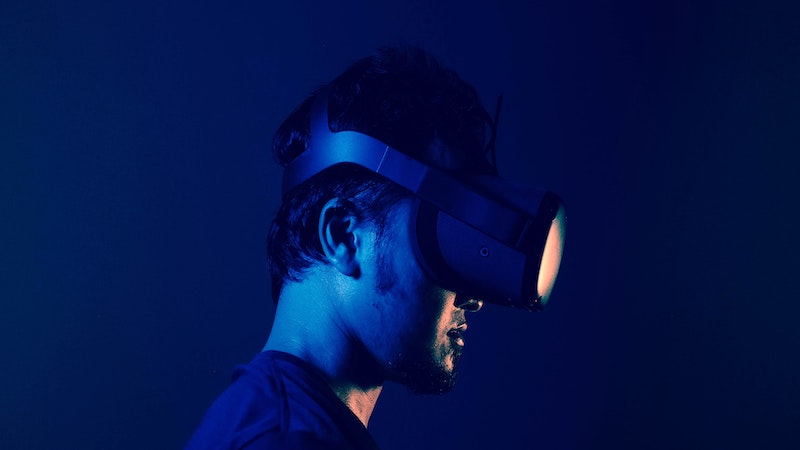This smart pill can detect gastrointestinal problems in the future
Researchers have developed an intelligent Bluetooth pill that is supposed to monitor human digestion via radio. The approach could revolutionize the diagnosis of diseases.
With every passing year, the treatment methods of many doctors also change. Because medical devices are becoming more and more compact and procedures are becoming increasingly simple and stress-free for patients. This also seems important as more and more people are suffering from various diseases. One of these is inflammation of the gastrointestinal tract.
It is estimated that around one in three people will suffer from some form of gastrointestinal problems in their lifetime. To facilitate the treatment of such diseases, researchers at the Massachusetts Institute of Technology (MIT) now a smart pill. This has to be swallowed by patents in order to transfer data via Bluetooth.
Smart Bluetooth pill can be located with electromagnetic field
Since the affected person takes the pill like any other food, the behavior in the gastrointestinal area can be understood quite realistically. With the help of an electromagnetic field, the scientists locate the location of the capsule. The pill transmits this directly to a terminal via Bluetooth using the built-in technology.
The researchers hope that this will enable doctors to better identify gastrointestinal inflammation and other problems. At the same time, the method is relatively gentle and, compared to alternative approaches (e.g. a gastroscopy or colonoscopy), requires no anesthesia or equipment.
Millions of people could benefit from the approach
Based on the position of the intelligent pill, the treating staff can understand at any time whether food is moving through the body too quickly or even too slowly. This influences the absorption of nutrients and consequently also our well-being. Depending on the diagnosis, doctors can then suggest further treatments.
However, it is not yet known when the technology will be widely available. However, lead researcher Khalil Ramadi says the approach will likely “revolutionize” healthcare for millions of people after further research. So maybe we’ll just pop a little pill for diagnostics soon.
Also interesting:


